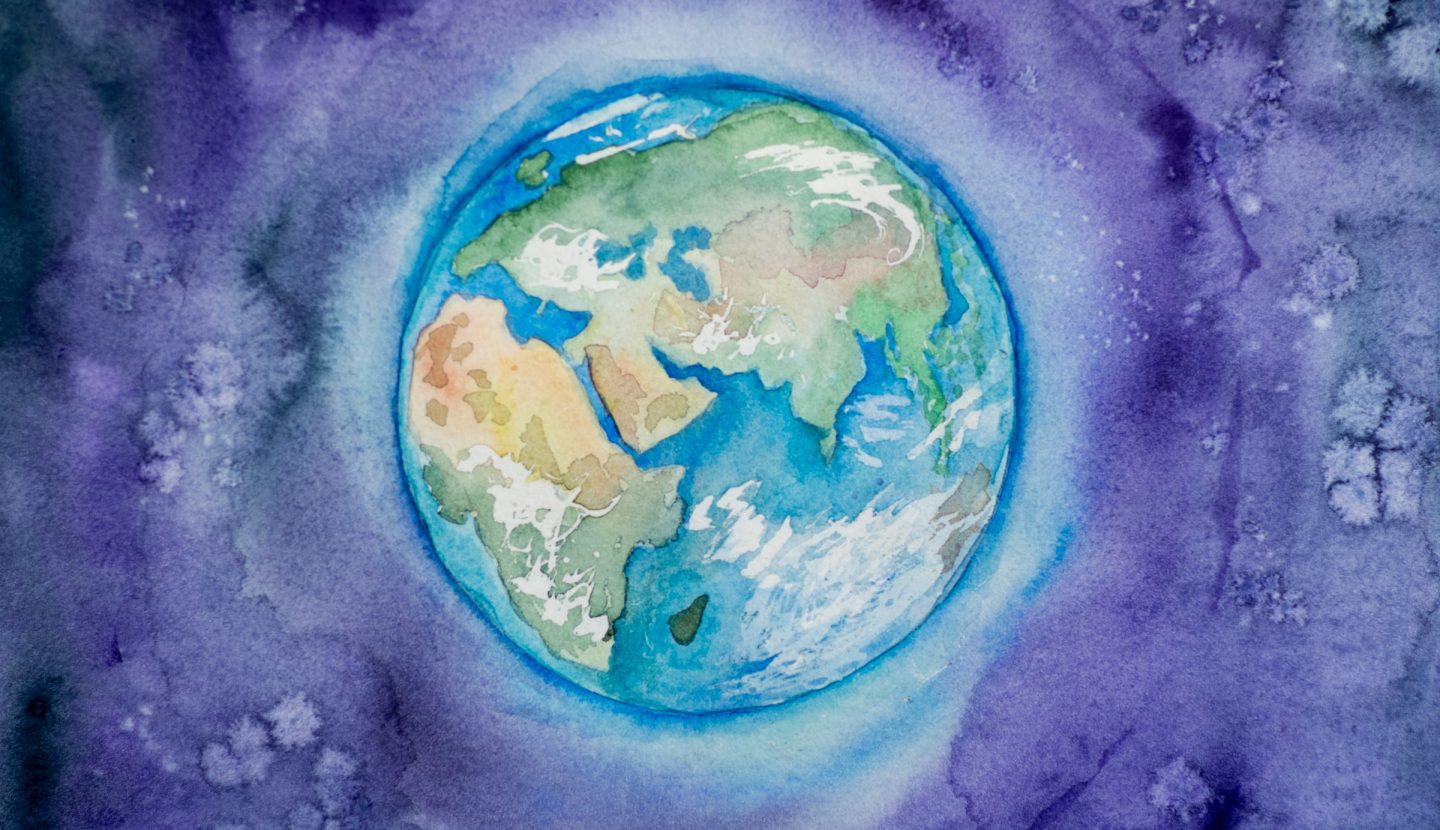Resetting humanity’s relationship with nature will be the focus of World Environment Day on June 5, which also marks the launch of the UN Decade on Ecosystem Restoration, a ten-year global push to prevent, halt and reverse ecosystem degradation.
With the world beginning to emerge from the COVID-19 pandemic, there is increasing recognition that healing from the pandemic is linked to healing the planet.
“It’s easy to lose hope when we think of the sheer magnitude of the challenges we face and the avalanche of bad news that we wake up to every morning,” said Inger Andersen, Executive Director of the United Nations Environment Programme (UNEP).
“But just as we caused the climate crisis, the biodiversity crisis and the pollution crisis, we can reverse the damage that we’ve done; we can be the first generation to reimagine, to recreate and to restore nature to kickstart action for a better world.”
This year, Pakistan is the host country for World Environment Day and showcasing its own restoration initiatives, such as its Ten Billion Tree Tsunami Project, which aims to plant 10 billion trees by 2023. Pakistan, which is one of the countries most at risk from climate change, has also launched an Ecosystem Restoration Fund to support nature-based solutions to climate change.
Nature can and must be part of the solution as international momentum grows to decarbonize all sectors of our economies. Ecosystem restoration can help protect and improve livelihoods, regulate disease, reduce risk of natural disasters and contribute to the achievement of the Sustainable Development Goals by 2030.
A recent UNEP report found that the economic benefits of ecosystem restoration are compelling. Between now and 2030, the restoration of 350 million hectares of degraded terrestrial and aquatic ecosystems could generate US$9 trillion in ecosystem services and remove up to 26 gigatonnes of greenhouse gases from the atmosphere. The economic benefits are ten times more than the cost of investment, whereas inaction is at least three times more costly than ecosystem restoration.
Pandemic recovery plans offer a once-in-a-lifetime opportunity to chart a new path by shifting investments towards a “restoration economy” that can provide millions of green jobs.
On June 5, people around the world will showcase their efforts to restore the natural world, from tree planting in India to beach clean-ups in Hong Kong and community clean-ups in Kenya. Many more are joining in on social media, taking part in the Snap Challenge to show how they will change behaviours to be part of #GenerationRestoration.
A schedule of official events is available here while the virtual gala launch for the UN Decade on Ecosystem Restoration – including messages from world leaders and activists as well as musical performances – can be followed here from 4-5 June.
Follow all the events on World Environment Day on this dedicated website and learn more about the UN Decade on Ecosystem Restoration here.





